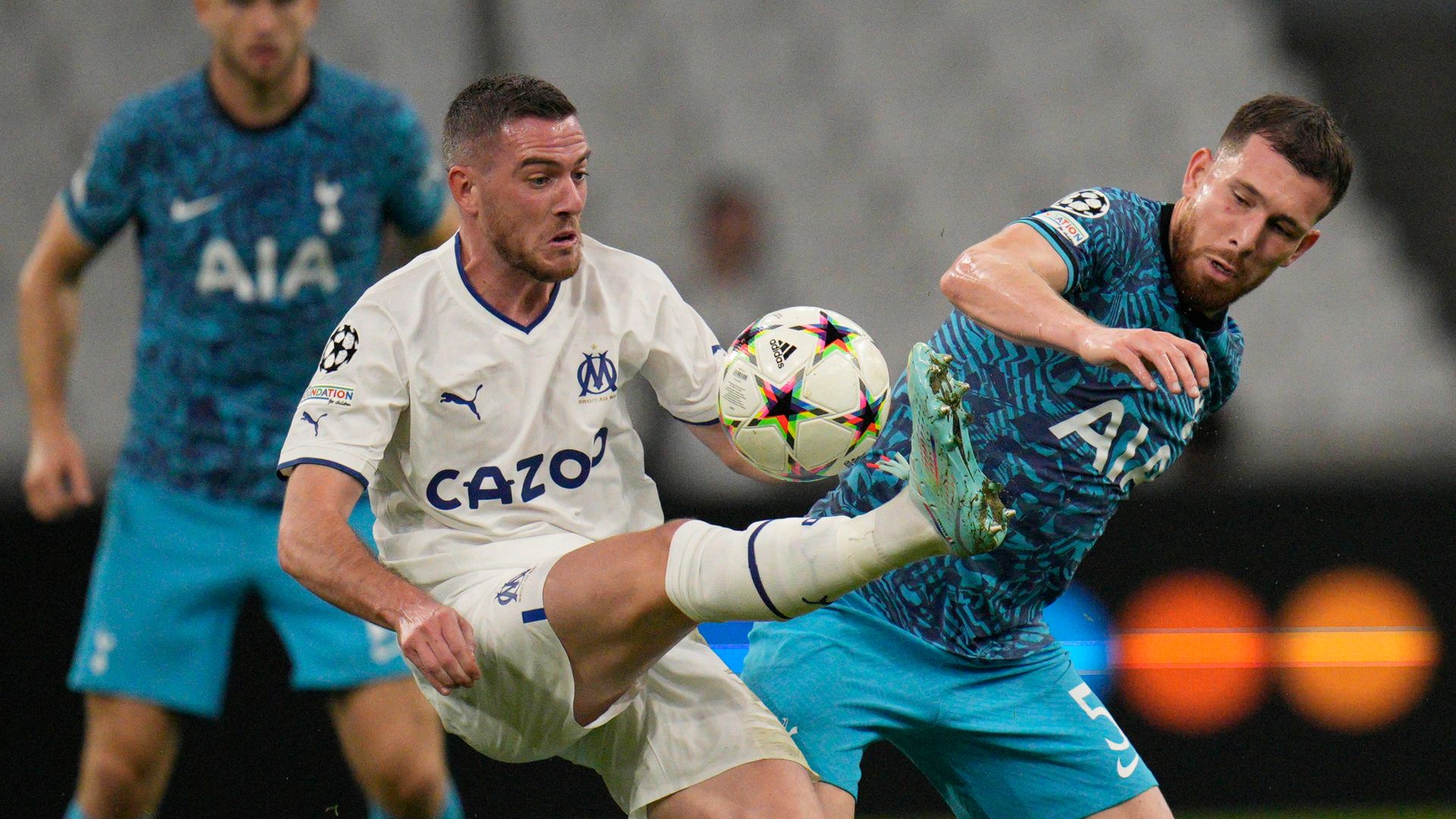How Election-Year Politics Influences Sentencing Practices
A Harvard Law School paper suggests that district attorneys pursue longer sentences at higher rates in election years.

A new working paper by Chika Okafor, a doctoral candidate in economics and the Reginald F. Lewis Fellow at Harvard Law School, looks at whether politics affect the behavior of prosecutors and suggests that district attorneys pursue crimes and longer sentences at higher rates in election years, reports Psych.org.
“Using quasi-experimental economic methods, I found causal evidence that being in a local prosecutor election year increased total admissions rates and total months sentenced per capita on average during the period of the steepest rise in U.S. incarceration,” Okafor said.
Looking at the political careers of district attorneys across the U.S. between 1986 and 2006, Okafor noted that evidence showed that election effects are larger when local prosecutor races are contested, as well as when they are in Republican counties or in the southern U.S.
Local prosecutor election effects declined between 1986 and 2006, the same time during which public opinion in the U.S. softened regarding criminal punishment.
Okafor said that people are increasingly viewing courts as too harsh, which may be influencing local prosecutor behavior.
The U.S. has seen a wave of progressive prosecutors winning elections in recent years after running on platforms of reducing the prison population, dropping charges, and more. Okafor said that there has been suggestive evidence of the influence of these reform-minded DAs on mass incarceration.
Additional Reading: How (Some) Prosecutors Changed the Face of Justice in 2021

 Landwebs
Landwebs 





















